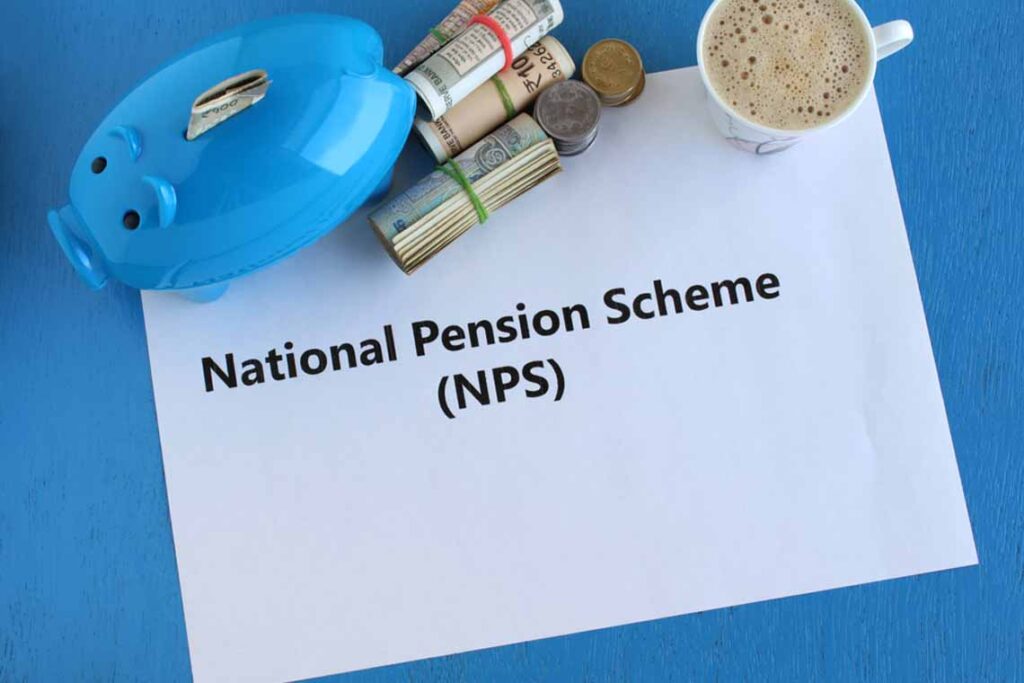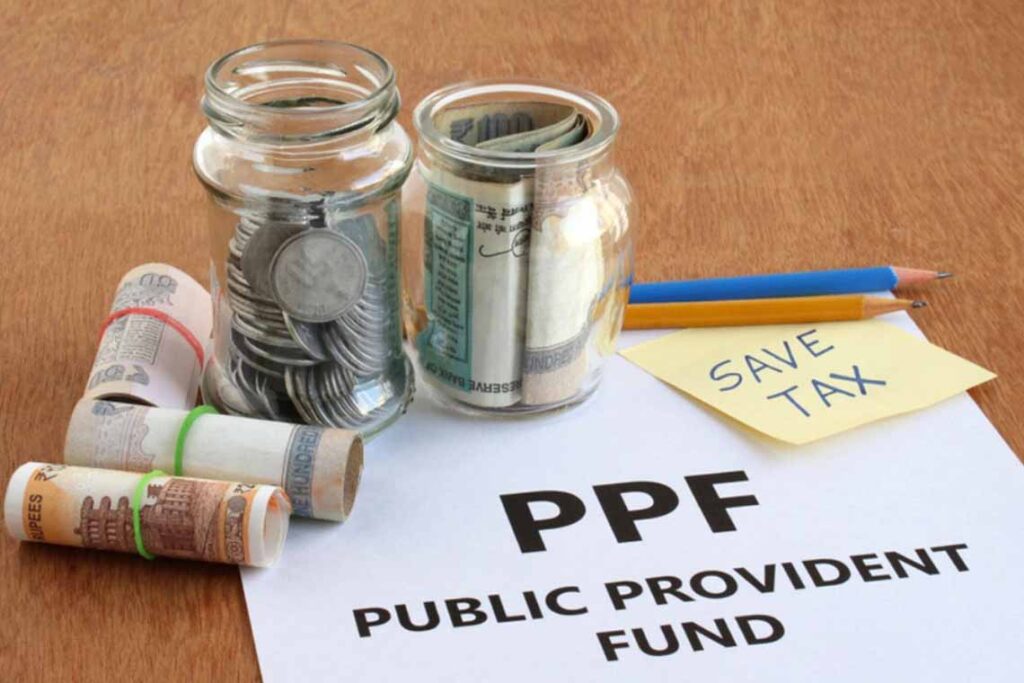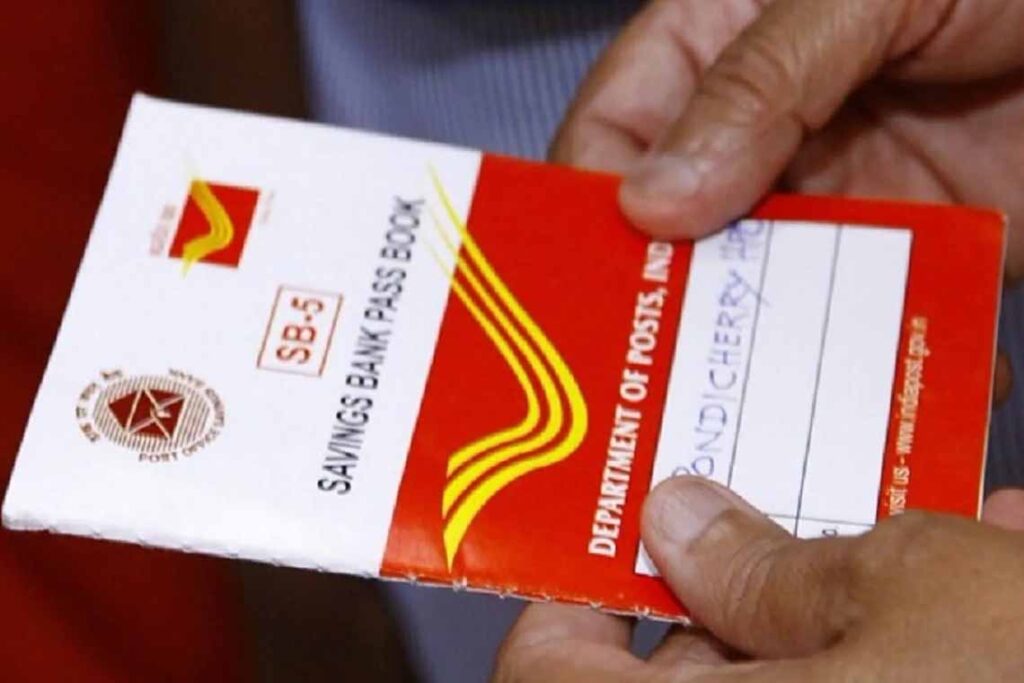Section 10(10CC) of the Income Tax Act, 1961, deals with the tax treatment of non-monetary perquisites provided by an employer to an employee. This section ensures that the tax liability on such perquisites is borne by the employer, and the employee is not directly taxed on these benefits.
Definition of Non-Monetary Perquisites:
Non-monetary perquisites are benefits provided by an employer to an employee in a form other than cash. Examples include:
-
- Accommodation (rent-free or concessional).
- Use of company cars.
- Club memberships.
- Medical facilities.
- Stock options (ESOPs).
- Travel allowances.
- Gifts (above ₹5,000 in value).
Taxability:
- Under Section 10(10CC), the employer is responsible for paying the taxon non-monetary perquisites provided to the employee.
- The employee is not directly taxedon these perquisites, as the tax is paid by the employer on their behalf.
Conditions for Exemption:
- The exemption applies only if the employer pays the tax on the non-monetary perquisites.
- The perquisites must be provided in addition to the employee’s salary and not in lieu of it.
Valuation of Perquisites:
The value of non-monetary perquisites is determined as per the rules outlined in the Income Tax Act:
-
- For accommodation, the value is based on the city population and the rent paid by the employer.
- For cars, the value depends on the engine capacity and usage (personal or official).
- For other perquisites, the fair market value is considered.
Reporting in Form 16:
- The employer must report the non-monetary perquisites and the tax paid on them in the employee’s Form 16.
Tax Implications for Employees:
- No Direct Tax Liability:
- Employees do not have to pay tax on non-monetary perquisites covered under Section 10(10CC), as the employer bears the tax liability.
- Inclusion in Gross Salary:
- The value of non-monetary perquisites is included in the employee’s gross salaryfor the purpose of calculating other benefits (e.g., provident fund, gratuity).
- No Double Taxation:
- Since the employer pays the tax on the perquisites, the employee is not taxed again on the same amount.
Tax Implications for Employers:
- Tax Deduction:
- The tax paid by the employer on non-monetary perquisites is considered a business expenseand is deductible under Section 37(1) of the Income Tax Act.
- TDS Compliance:
- Employers must deduct TDS (Tax Deducted at Source) on the value of non-monetary perquisites and deposit it with the government.
Example:
Case 1: Rent-Free Accommodation
- Employee’s salary: ₹12,00,000 per year
- Rent-free accommodation provided by employer: ₹2,40,000 per year (taxable value)
- Tax on perquisite (assuming 30% tax rate): ₹72,000
- Employer pays ₹72,000 as tax on behalf of the employee.
- Employee’s taxable income: ₹12,00,000 (no additional tax on the perquisite).
Case 2: Company Car
- Employee’s salary: ₹10,00,000 per year
- Company car provided for personal use: ₹1,50,000 per year (taxable value)
- Tax on perquisite (assuming 30% tax rate): ₹45,000
- Employer pays ₹45,000 as tax on behalf of the employee.
- Employee’s taxable income: ₹10,00,000 (no additional tax on the perquisite).
Summary :
| Aspect | Details |
| Applicability | Non-monetary perquisites provided by an employer to an employee. |
| Tax Liability | Employer pays the tax on the perquisites; employee is not directly taxed. |
| Examples of Perquisites | Rent-free accommodation, company car, club memberships, ESOPs, etc. |
| Valuation | As per Income Tax rules (e.g., city population for accommodation). |
| Reporting | Included in Form 16; employer pays TDS on the perquisites. |











